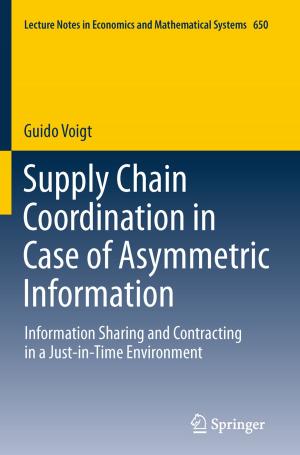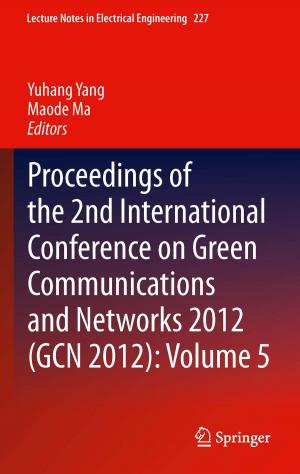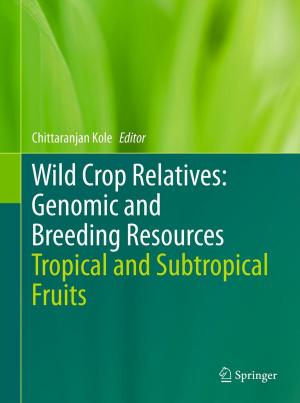Remote Sensing of Soils
Nonfiction, Science & Nature, Science, Earth Sciences, Geography, Nature, Environment, Environmental Conservation & Protection| Author: | Ravi Shankar Dwivedi | ISBN: | 9783662537404 |
| Publisher: | Springer Berlin Heidelberg | Publication: | August 19, 2017 |
| Imprint: | Springer | Language: | English |
| Author: | Ravi Shankar Dwivedi |
| ISBN: | 9783662537404 |
| Publisher: | Springer Berlin Heidelberg |
| Publication: | August 19, 2017 |
| Imprint: | Springer |
| Language: | English |
This book is about applications of remote sensing techniques in the studies on soils. In pursuance of the objective, the book initially provides an introduction to various elements and concepts of remote sensing, and associated technologies , namely Geographic Information System (GIS), Global Positioning System (GPS) in chapter-1. An overview of the sensors used to collect remote sensing data and important Earth observation missions is provided in chapter-2. The processing of satellite digital data (geometric and radiometric corrections, feature reduction, digital data fusion, image enhancements and analysis) is dealt with in Chapter-3. In the chapter to follow the interpretation of remote sensing data , very important and crucial step in d
eriving information on natural resources including soils resources, is discussed. An introduction to soils as a natural body with respect to their formation, physical and chemical properties used during inventory of soils, and soil classification is given in Chapter-5.The spectral response patterns of soils including hyperspectral characteristics -fundamental to deriving information on soils from spectral measurements, and the techniques of soil resources mapping are discussed in chapter-6 and -7,respectively. Furthermore, the creation of digital soil resources database and the development of soil information systems, a very important aspect of storage and dissemination of digital soil data to the end users are discussed in ch.apter-8. Lastly, the applications of remote sensing techniques in soil moisture estimation and soil fertility evaluation are covered in chapter-9 and -10, respectively.
This book is about applications of remote sensing techniques in the studies on soils. In pursuance of the objective, the book initially provides an introduction to various elements and concepts of remote sensing, and associated technologies , namely Geographic Information System (GIS), Global Positioning System (GPS) in chapter-1. An overview of the sensors used to collect remote sensing data and important Earth observation missions is provided in chapter-2. The processing of satellite digital data (geometric and radiometric corrections, feature reduction, digital data fusion, image enhancements and analysis) is dealt with in Chapter-3. In the chapter to follow the interpretation of remote sensing data , very important and crucial step in d
eriving information on natural resources including soils resources, is discussed. An introduction to soils as a natural body with respect to their formation, physical and chemical properties used during inventory of soils, and soil classification is given in Chapter-5.The spectral response patterns of soils including hyperspectral characteristics -fundamental to deriving information on soils from spectral measurements, and the techniques of soil resources mapping are discussed in chapter-6 and -7,respectively. Furthermore, the creation of digital soil resources database and the development of soil information systems, a very important aspect of storage and dissemination of digital soil data to the end users are discussed in ch.apter-8. Lastly, the applications of remote sensing techniques in soil moisture estimation and soil fertility evaluation are covered in chapter-9 and -10, respectively.















